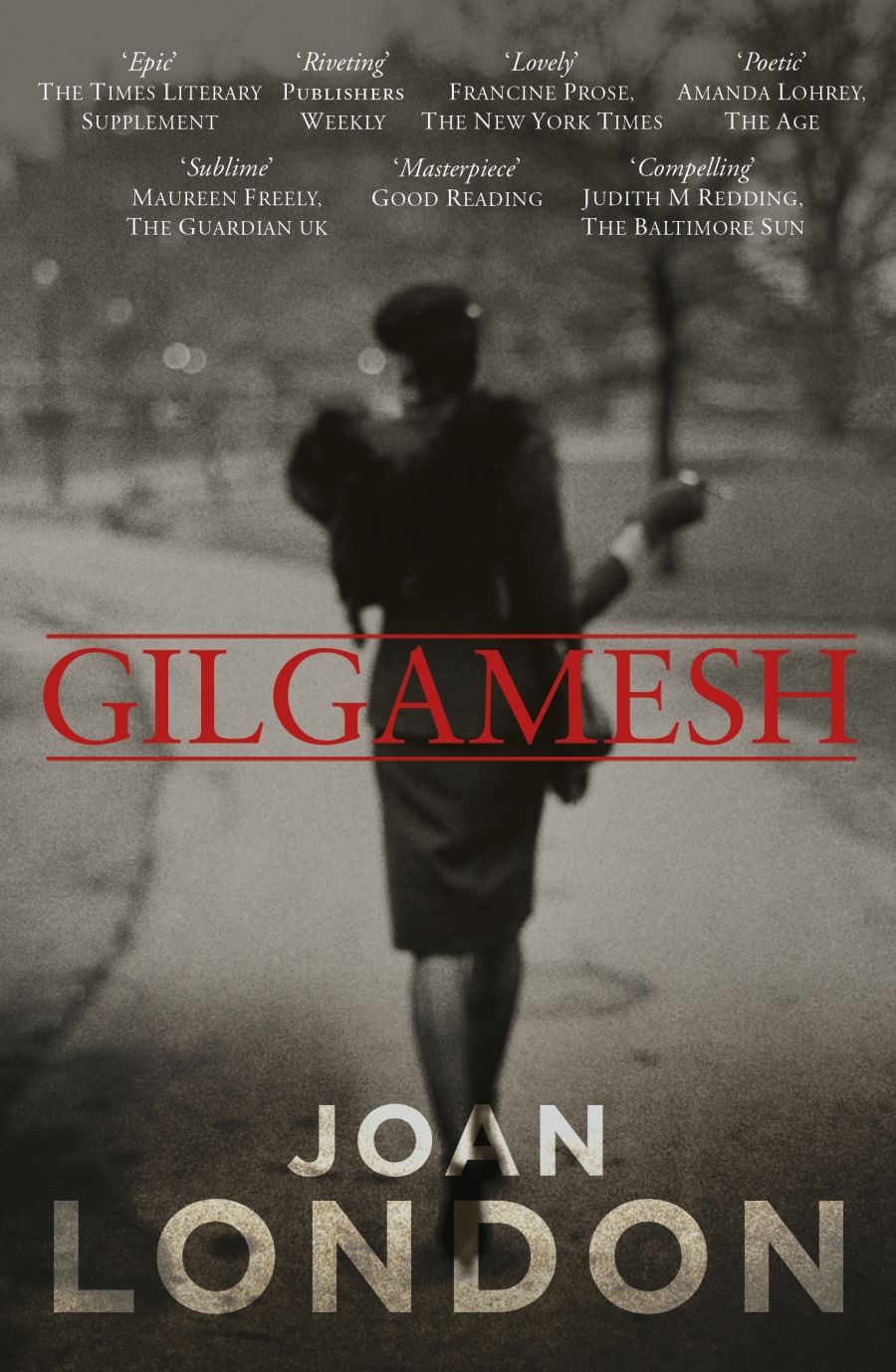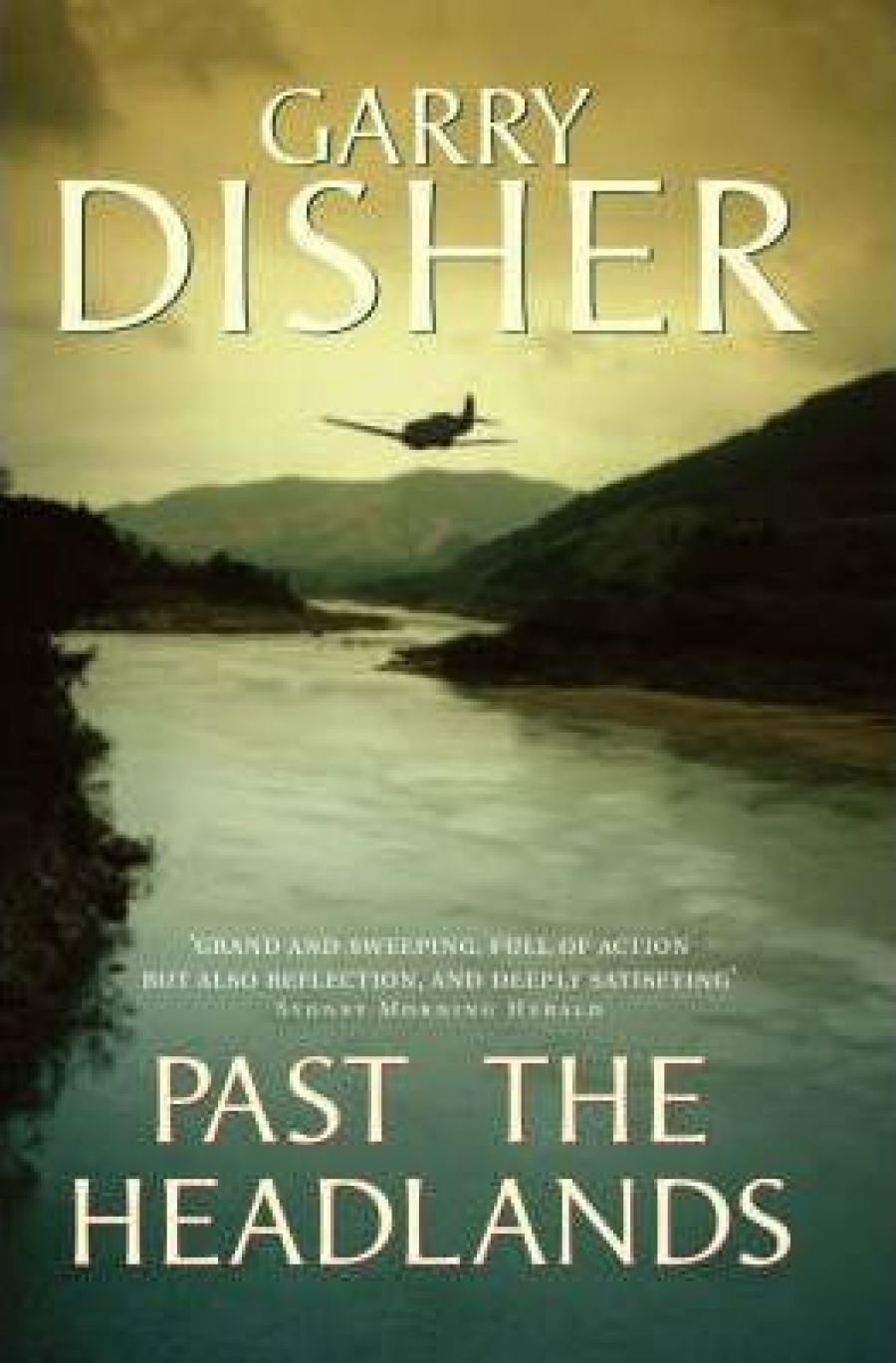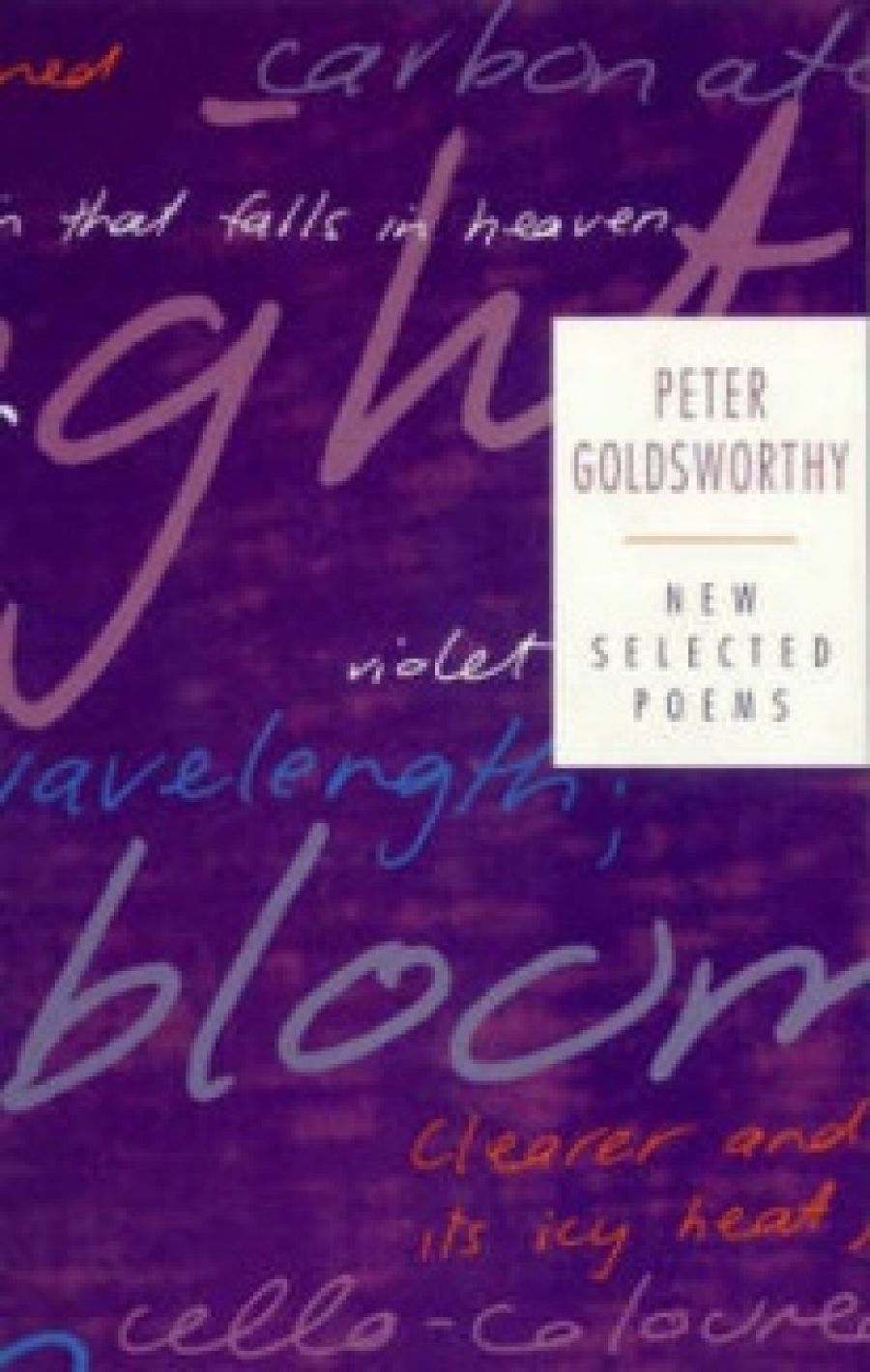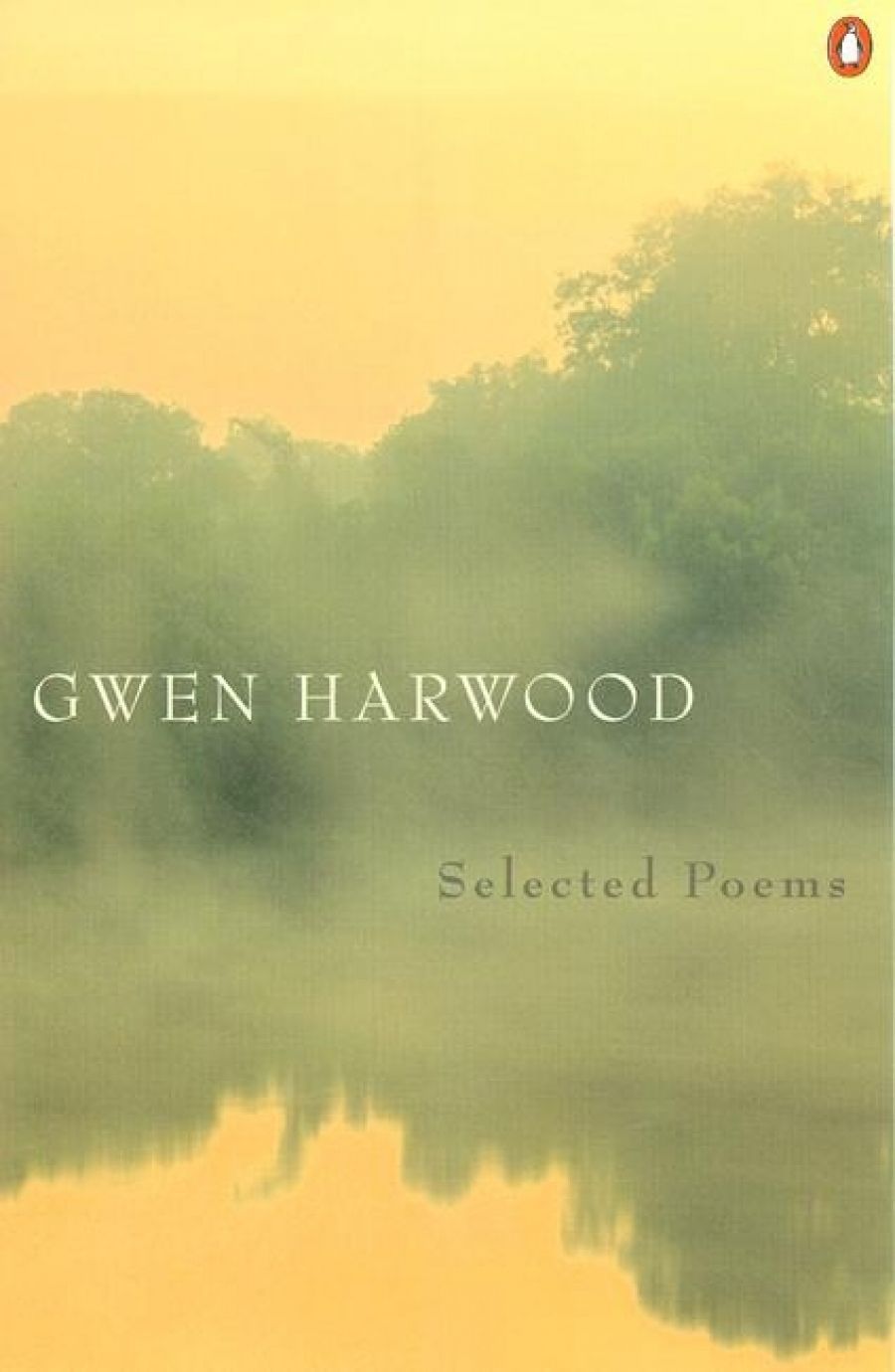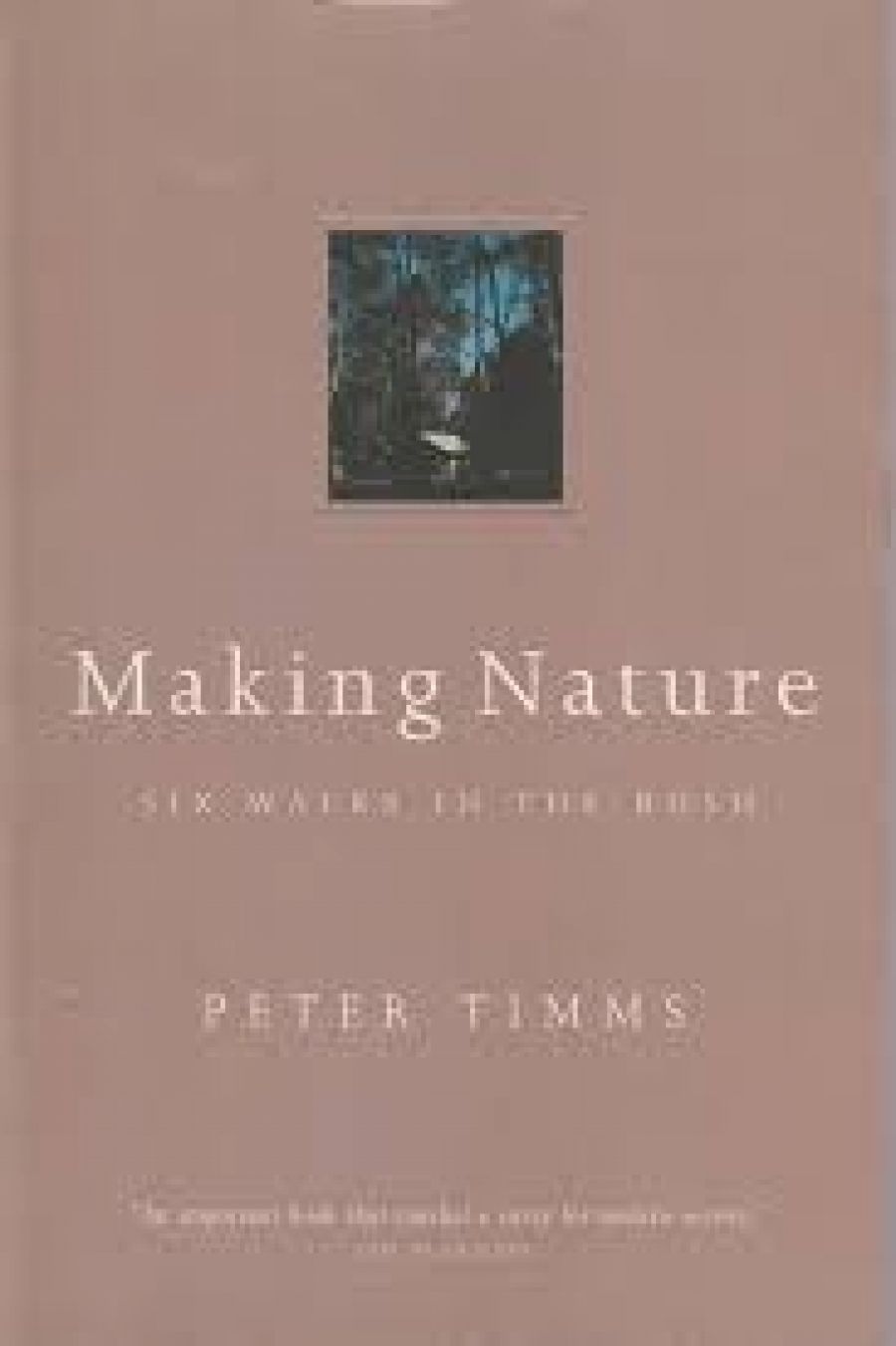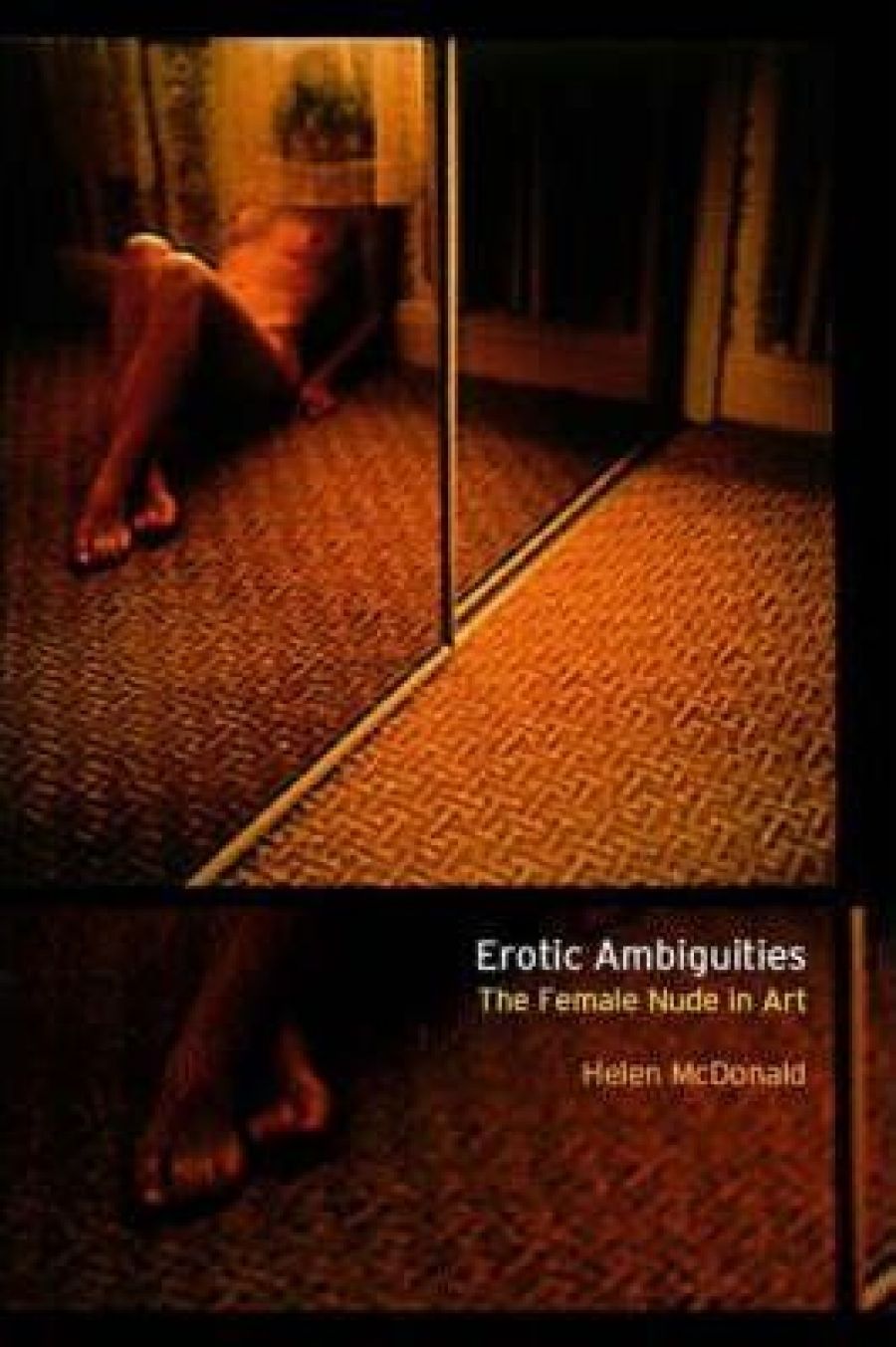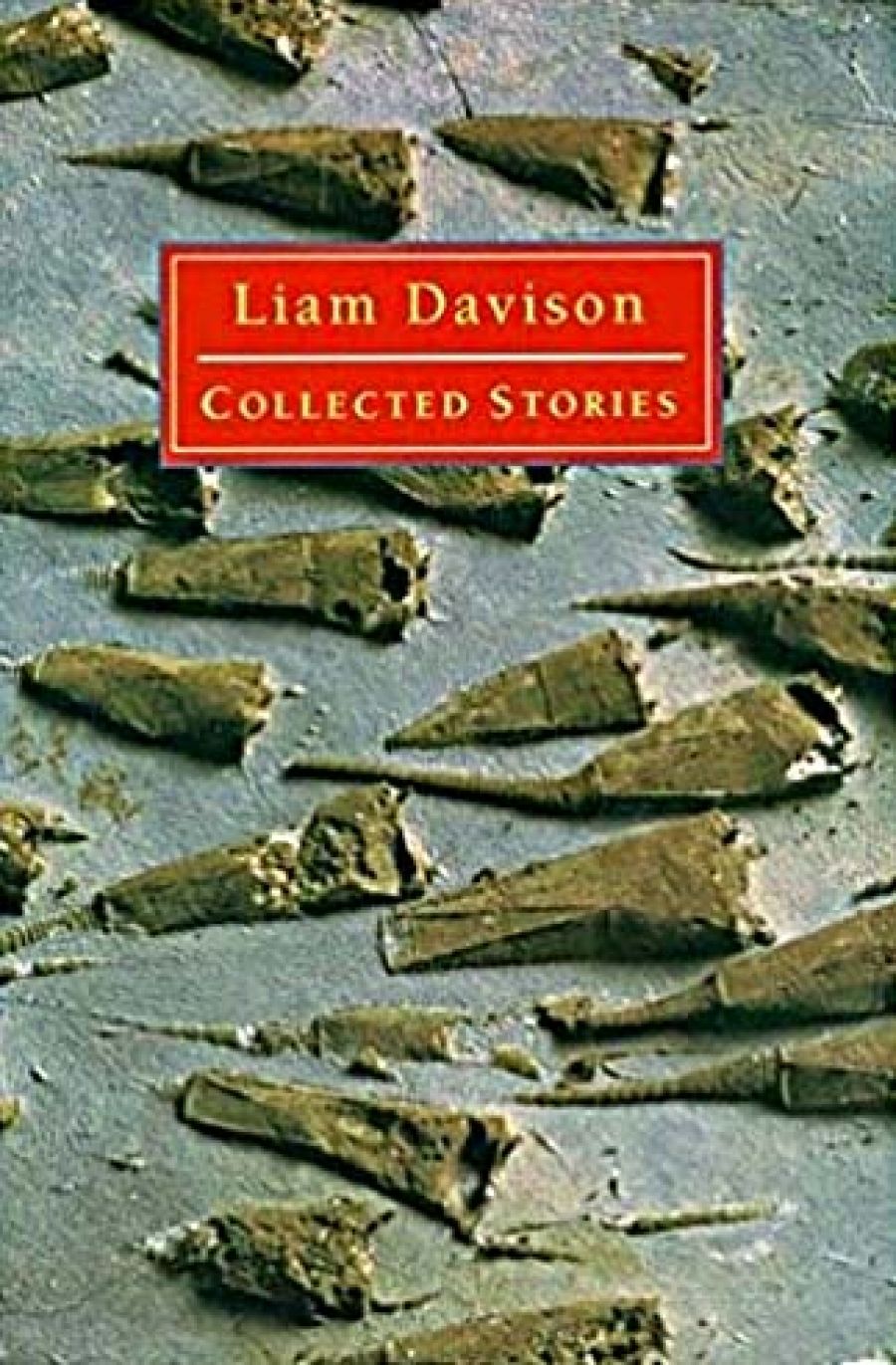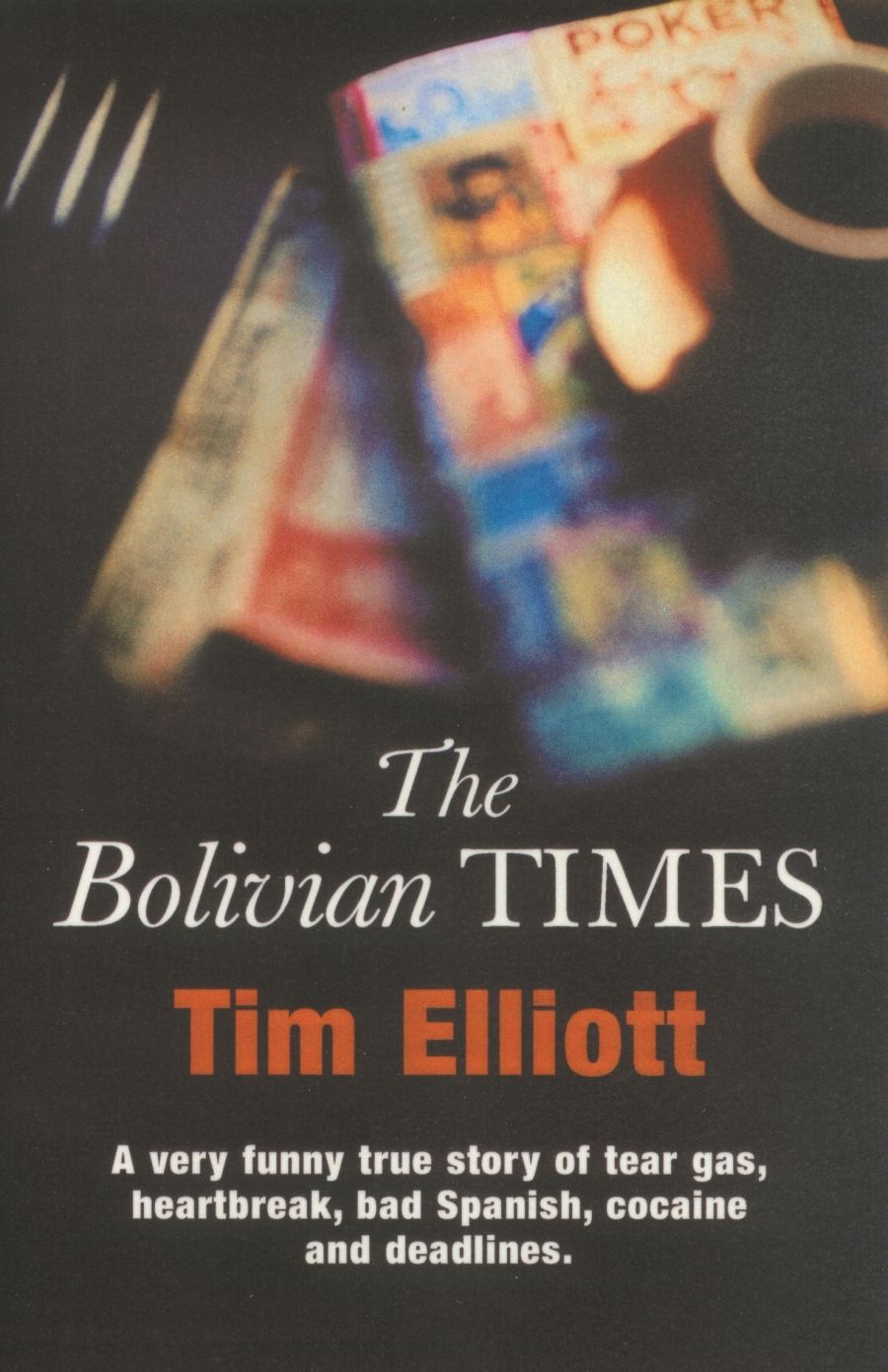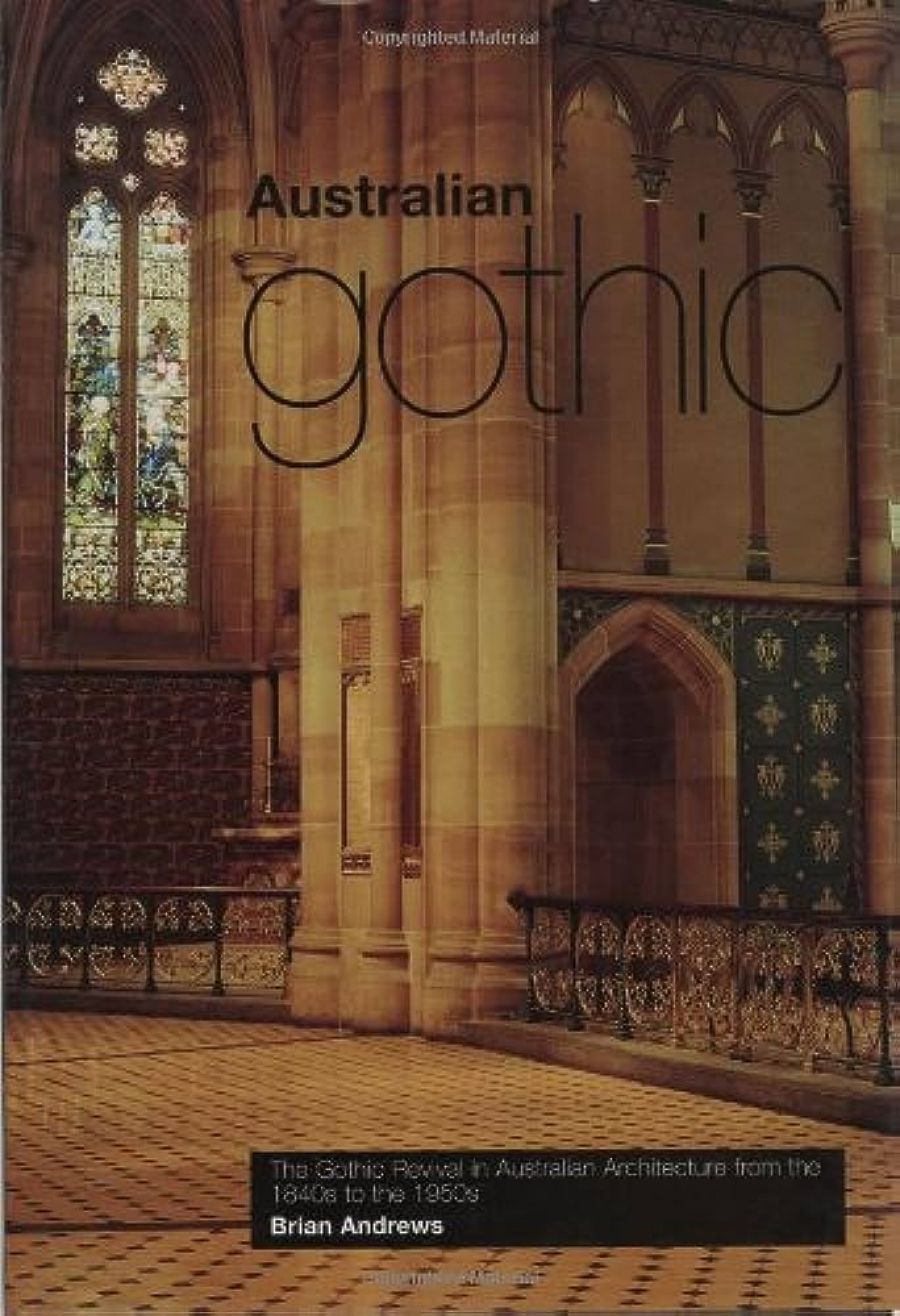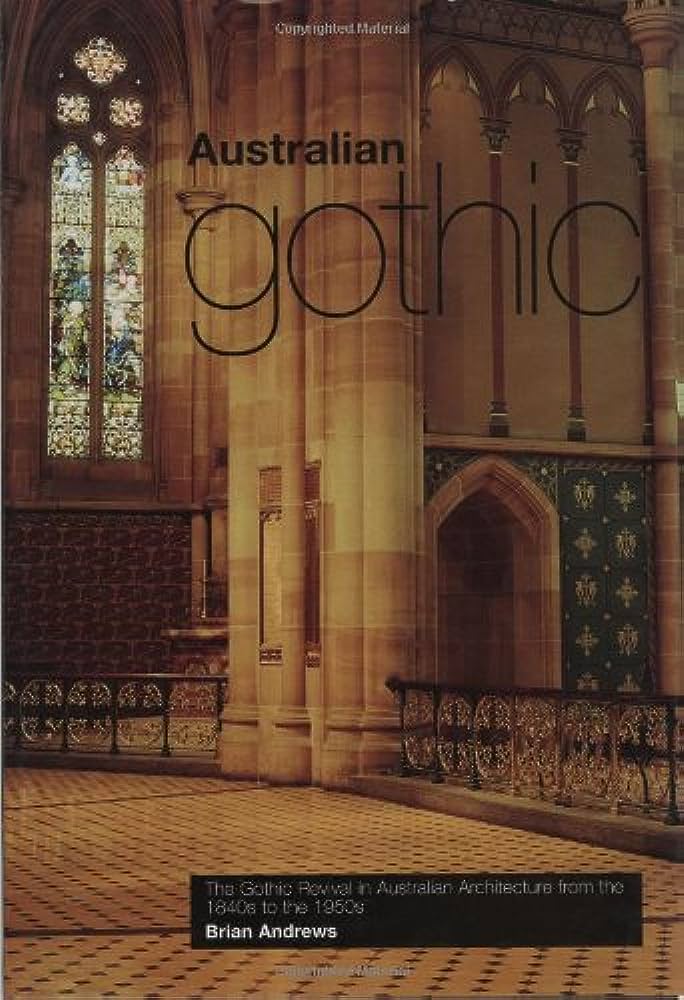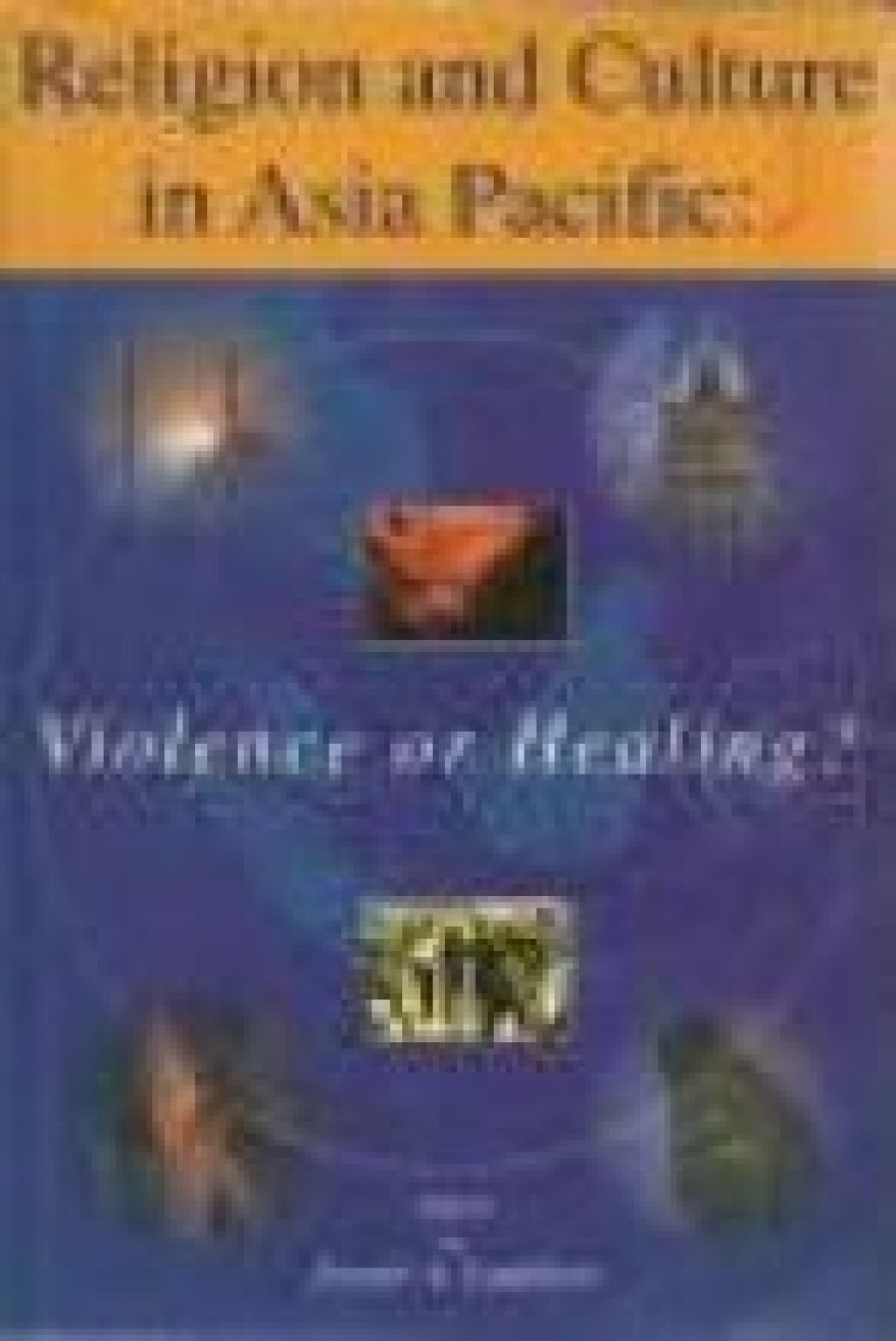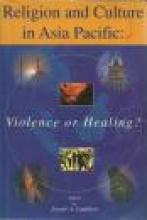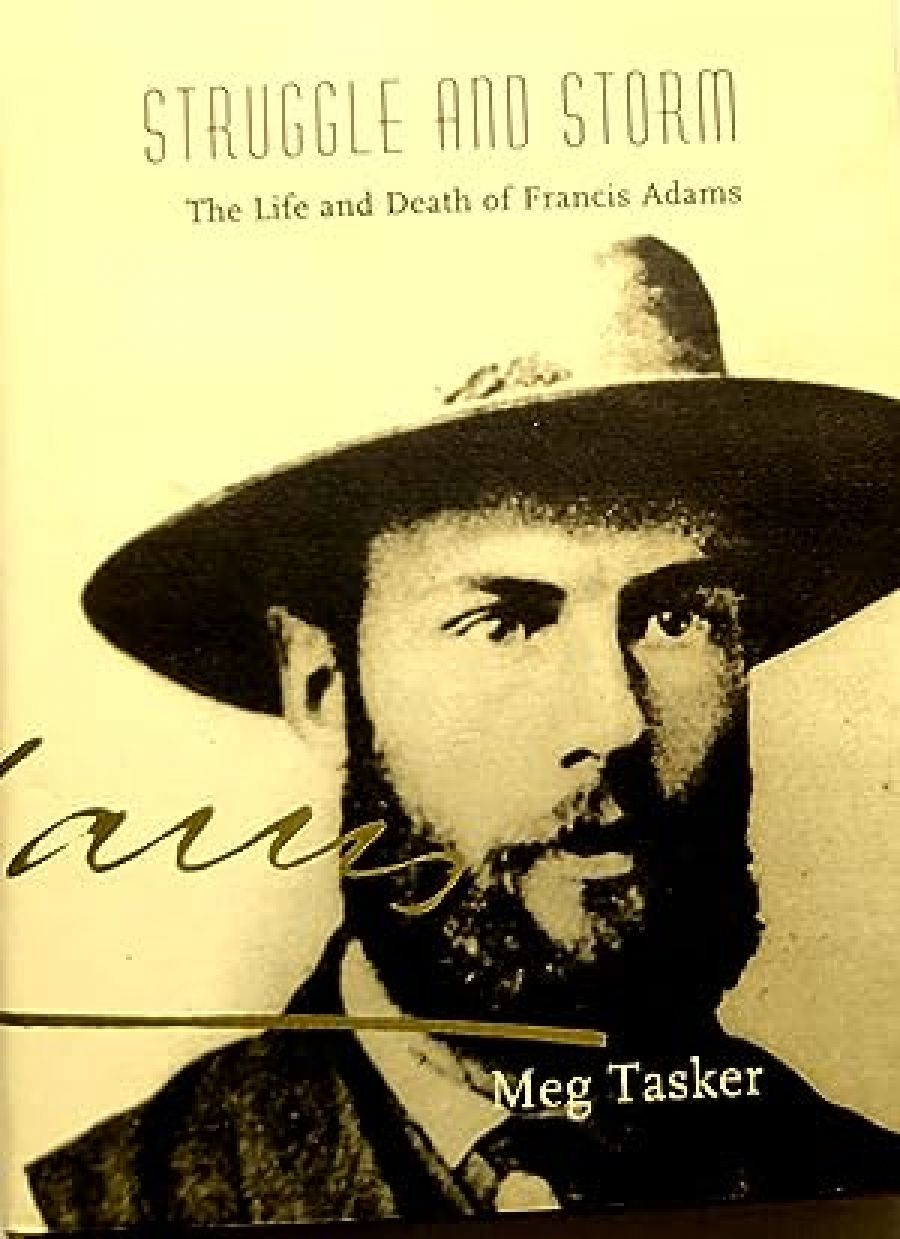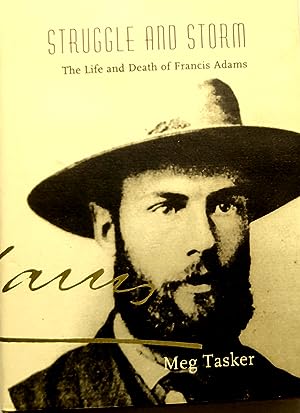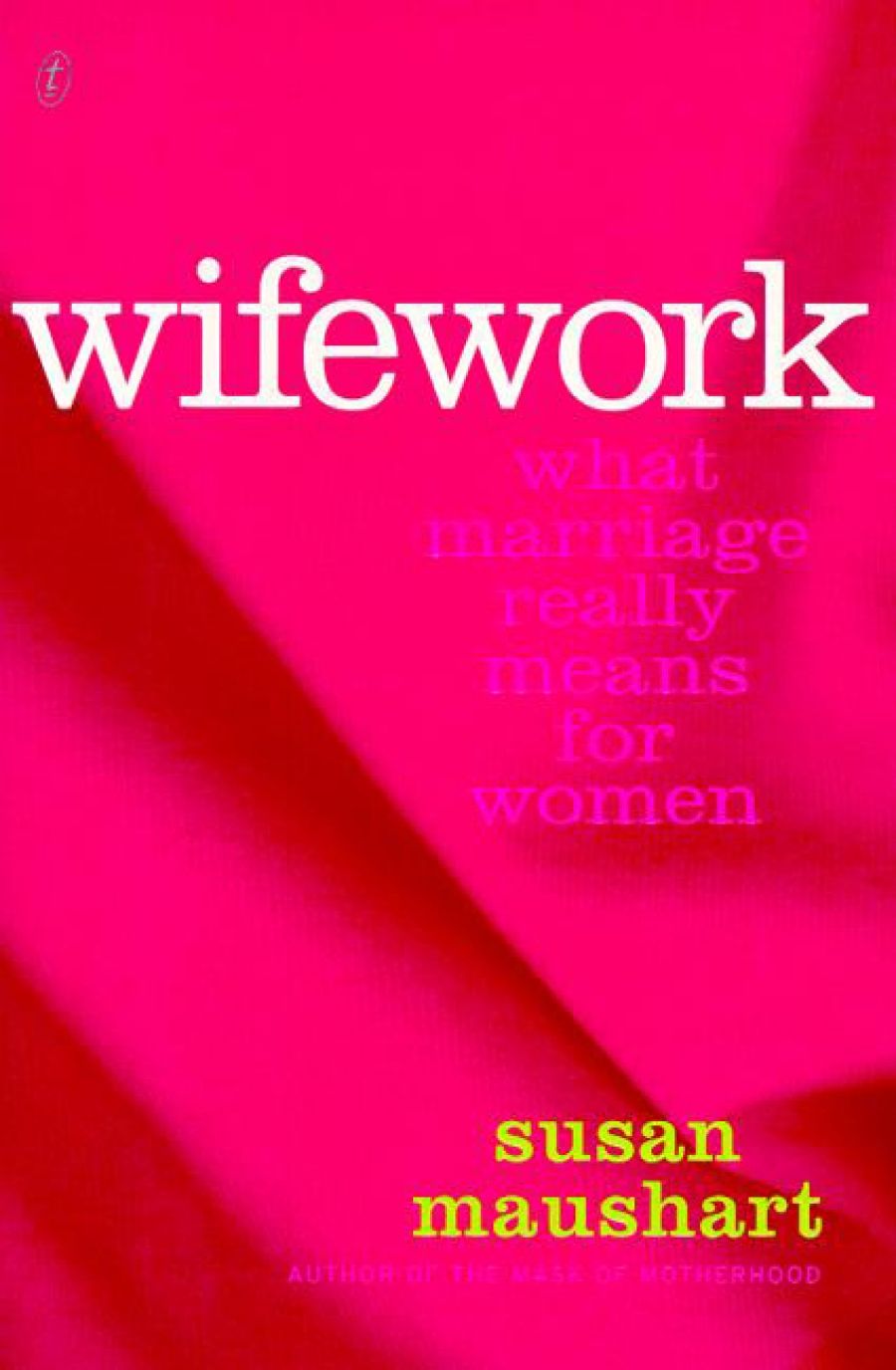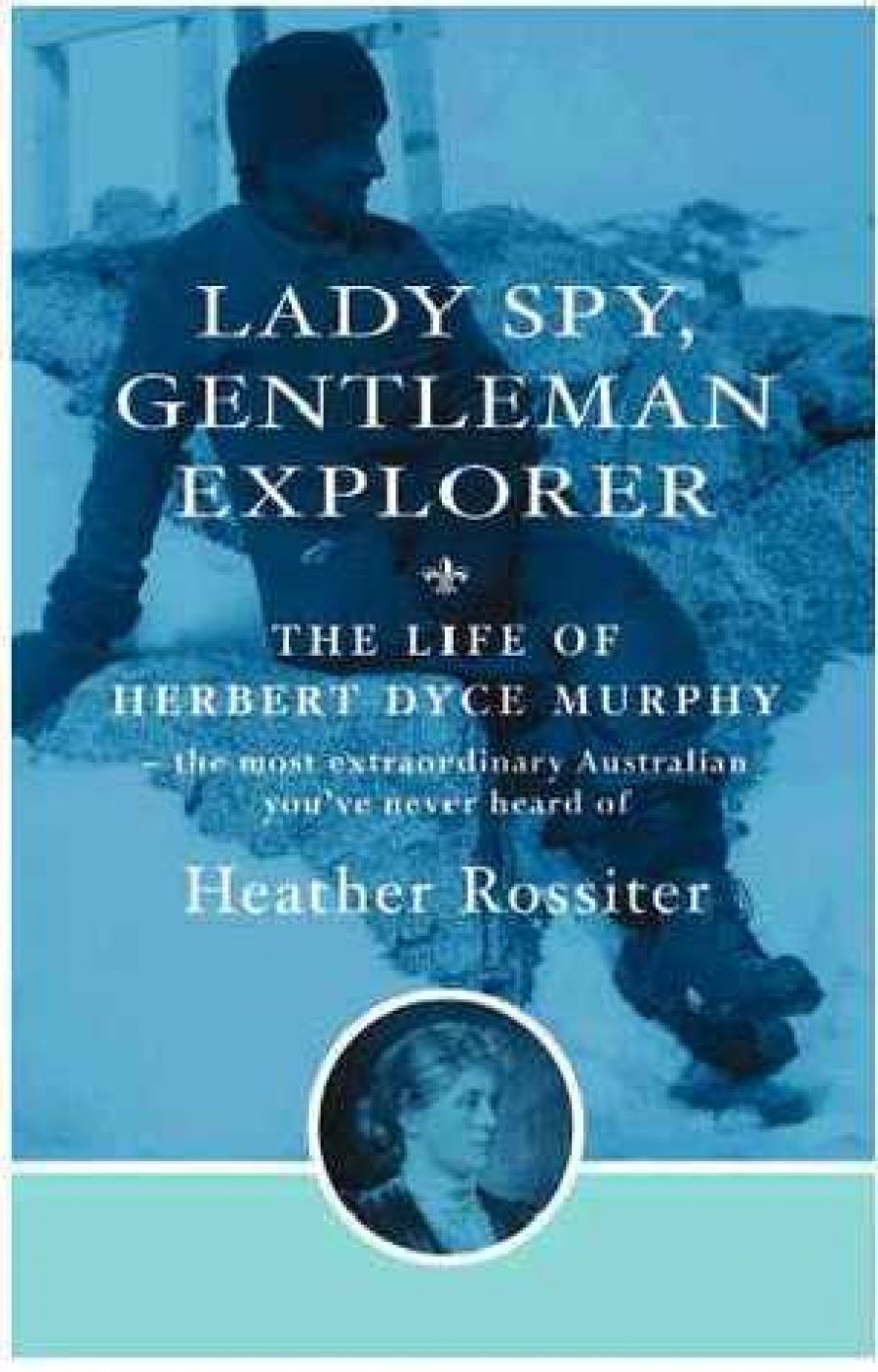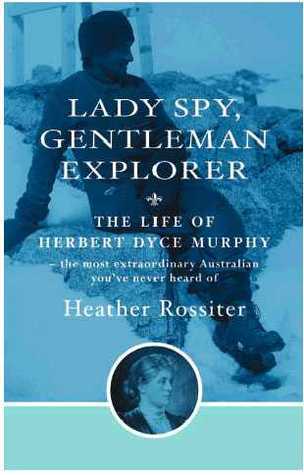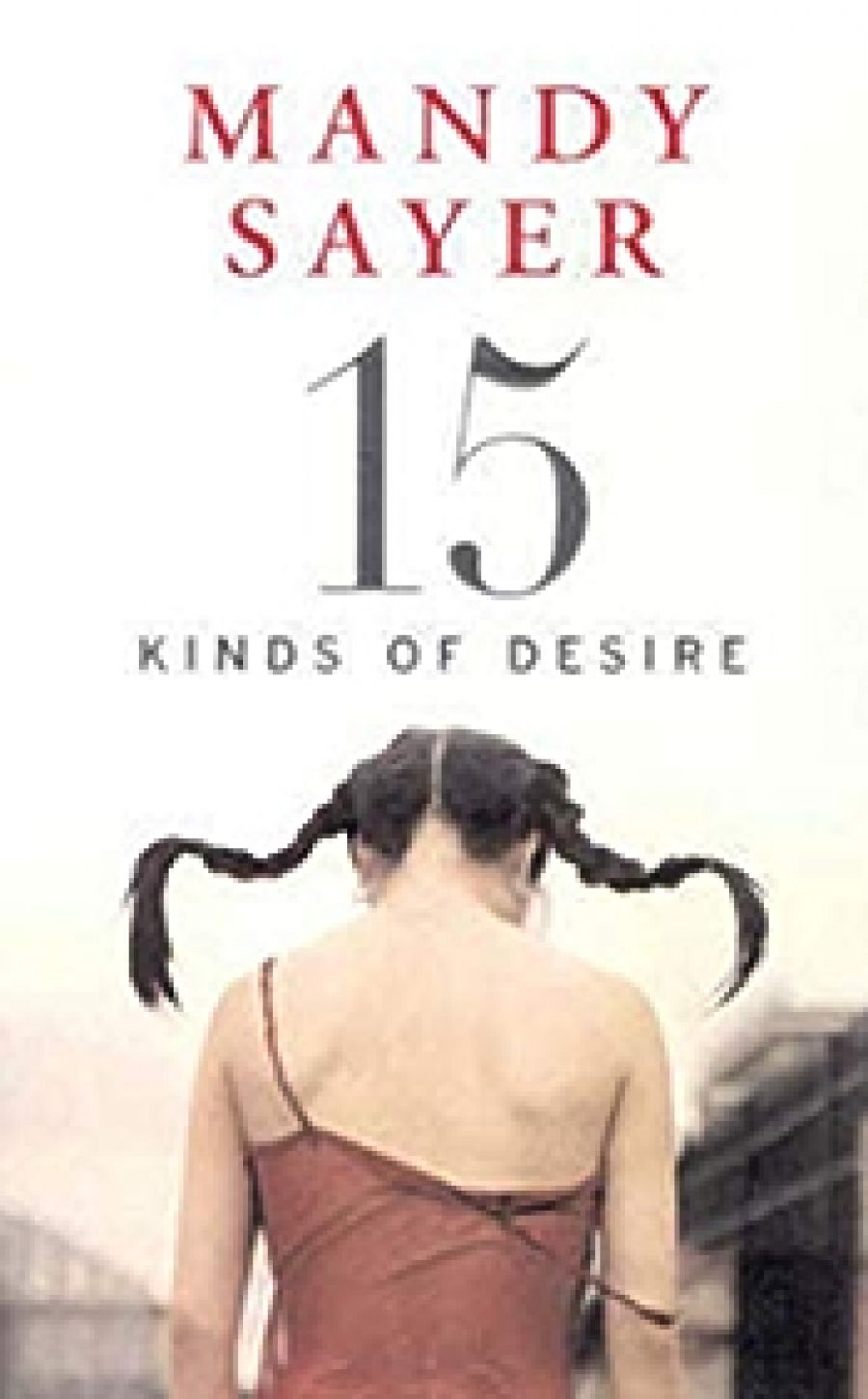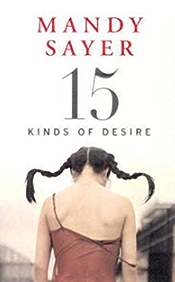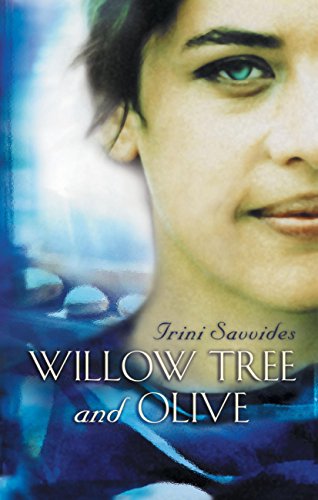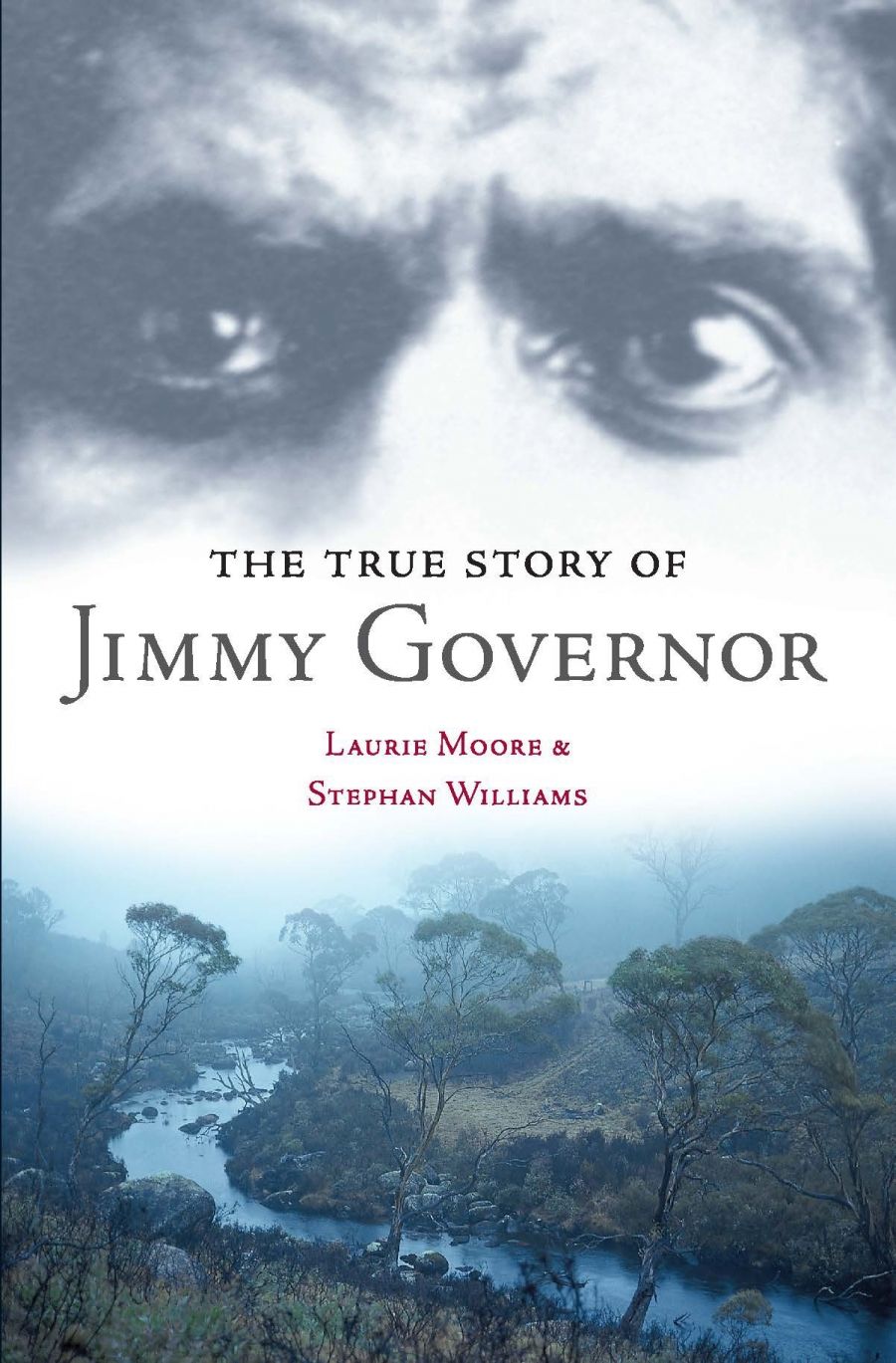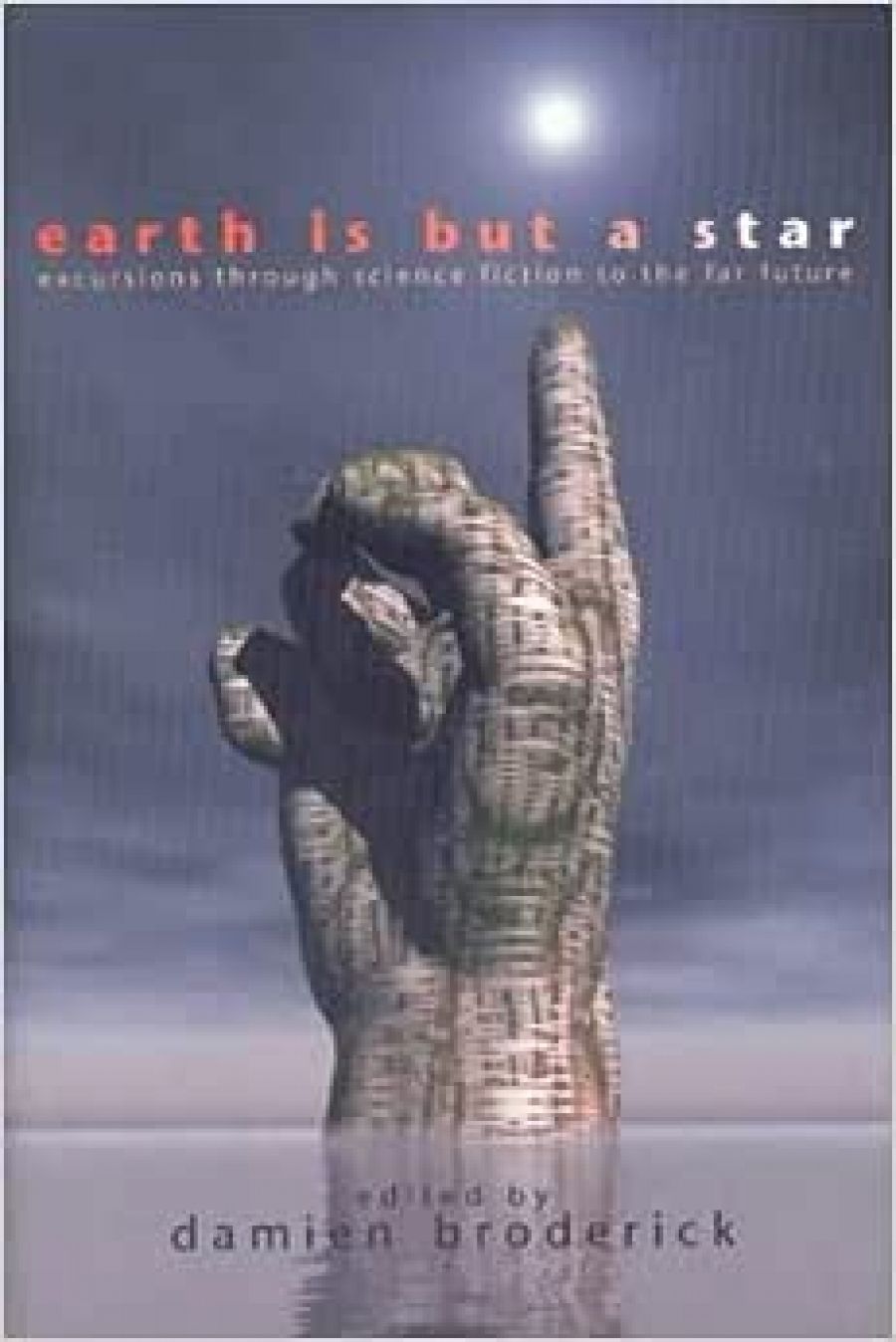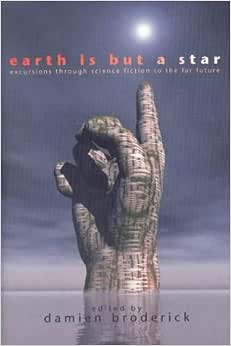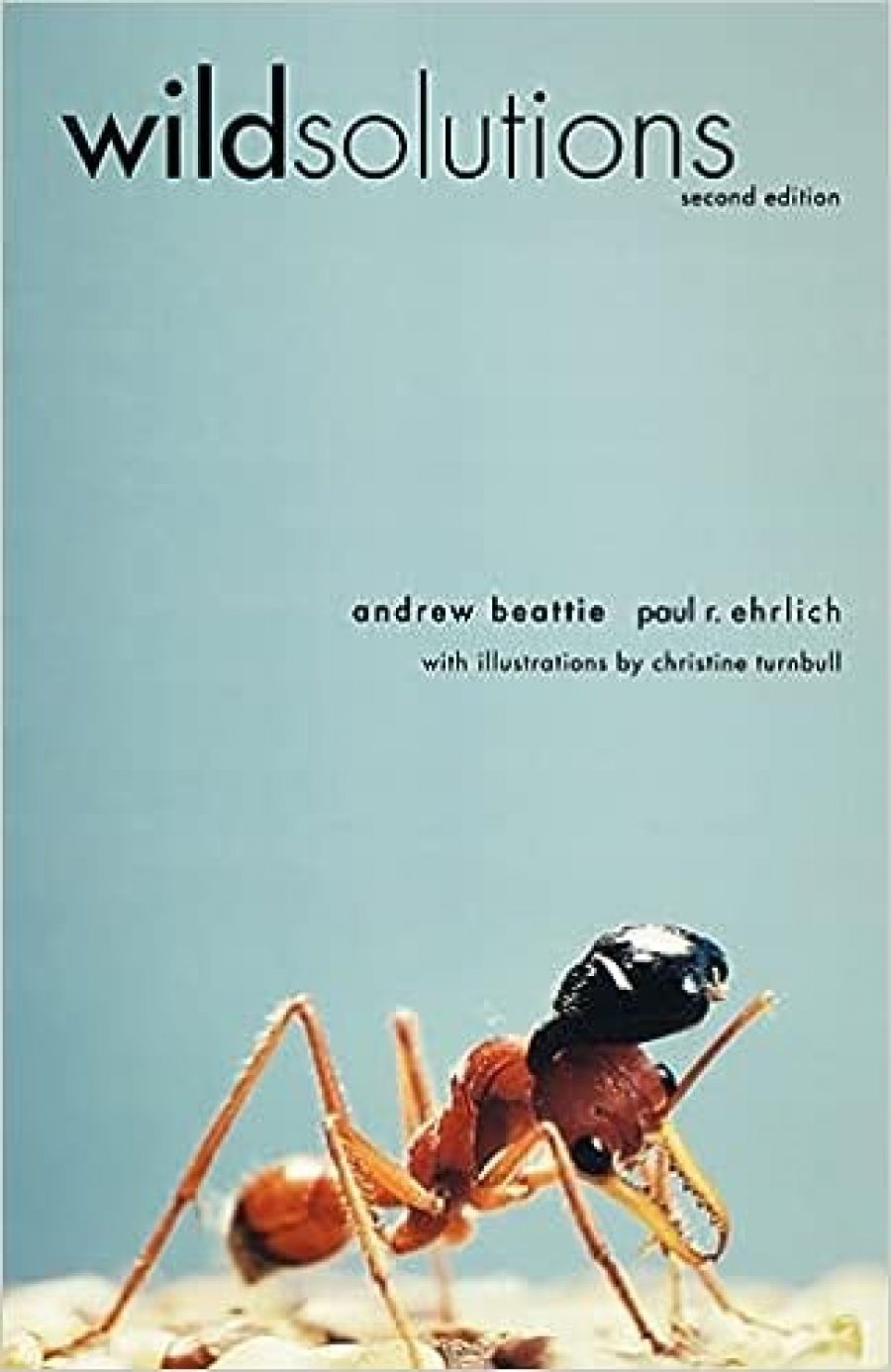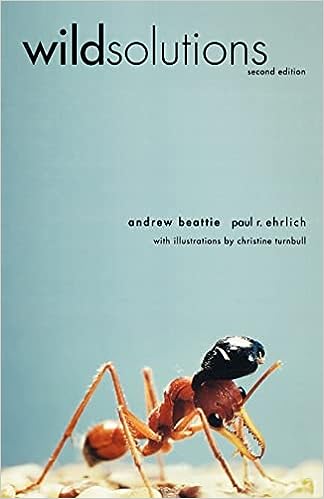- Free Article:
No
- Contents Category:
Commentary
- Review Article:
Yes
- Show Author Link:
Yes
- Show Byline:
Yes
- Article Title:
'Media' by Matthew Ricketson
- Online Only:
No
- Custom Highlight Text:
There are watchdogs and there are lapdogs. Watchdogs are alert. At the slightest movement, they growl. When they bite, it hurts. Lapdogs are alert – to their master’s moods.
- Display Review Rating:
No
There are watchdogs and there are lapdogs. Watchdogs are alert. At the slightest movement, they growl. When they bite, it hurts. Lapdogs are alert – to their master’s moods.
Because the news media is such a vital conduit of information to the public, a tension always exists between the need to regulate its excesses and the need to leave it free from government interference. Media outlets habitually argue for self-regulation, rightly pointing to the long history of politicians using legislation to prevent scrutiny of their activities. Do media outlets adequately regulate themselves, though, or do they abuse self-regulatory regimes and put their commercial interests ahead of public interest? Do regulators hold media companies accountable?
As chair of the Australian Broadcasting Authority, Professor David Flint is an important media regulator. Recently, his record has been questioned by Stuart Littlemore and by Kenneth Davidson in an article headlined ‘Whose side are you on, Prof. Flint?’ in The Age (7 May 2001). Their attacks were spurred by Flint’s comments on releasing a report prepared for the ABA by Bond University’s Centre for New Media Research and Education:
The media ‘mogul’ – at least in Australia - may well be becoming an endangered species ... Where there remains an identifiable dominant proprietor, I suspect the influence is more in style and values rather than detailed intervention, with a touchiness about other business interests that have turned into a problem, although this touchiness may be reflected more in the staff being cautious than the proprietor intervening.
Flint said the report showed that the greatest influence on the media today is not media proprietors but journalists, and that journalists were more influenced by other journalists than by their proprietor. Accordingly, he argued that the cross-media ownership laws (limiting how much a proprietor can own in more than one medium) should be abolished.
Flint’s argument about the incredible shrinking media moguls was at best a half-truth, at worst disingenuous. He had already pushed this line during the Productivity Commission’s 1999 media inquiry. Bond University’s comprehensive report provided at least as much contrary data.
Yes, journalists are influenced by other journalists – for better and for ill. Journalists can be gossipy and incestuous, but they also need to follow other outlets to learn what news is happening so that they can develop it further.
To say that proprietors rarely intervene is misleading. Big proprietors simply cannot be interested in the vast majority of daily news stories. (Not even editors are able to read their newspaper cover to cover each day.) Where proprietors’ commercial interests are concerned, though, they are very interested, and there is a long, documented history of proprietors intervening in their media outlets’ coverage of these matters.
The self-regulatory regime overseen by the ABA came in nearly a decade ago; its greatest test has been the ‘cash for comment’ affair, which was sparked by the Media Watch revelation in 1999 that the Australian Bankers’ Association had offered to pay $1.35 million for John Laws to stop hammering the banks and to support them on his radio program. The revelation was important because it showed how the commercial imperative in media organisations was swamping editorial integrity and how a ‘freebie’ culture was deeply ingrained in journalism. Even more important, Media Watch host Richard Ackland kept pointing out that not only was Laws’s opinion for sale to the highest bidder but that he and his agent Bob Miller, with their acute sense of Laws’s broadcasting might, had actually approached the ABA with a proposal to present a positive picture of the banks in exchange for money. Ackland wrote in The Age (14 July 1999):
Without putting too fine a point on it, if you are a broadcaster consistently slagging an institution and then get your agent to approach them and say, ‘We’ll change sides in exchange for money’, there is a simple term for that. It’s called extortion.
Ackland says he has not been sued for his remarks. This is a golden-tonsilled silence that speaks volumes.
The ABA’s report, issued last year, imposed requirements for presenters’ commercial arrangements to be disclosed but no licences were revoked. Effectively, 2UE and John Laws were slapped in the face with a feather. Compare that to the previous system overseen by the Australian Broad-casting Tribunal. It held public hearings to assess whether an applicant was a ‘fit and proper person’ to hold a television licence and, famously, found that then Channel Nine owner Alan Bond was not. (Its ruling was subsequently overturned.)
Before Flint joined the ABA, he served on the Australian Press Council, which faced its greatest test during the 1980s media carve-up that saw Murdoch gain control of nearly two-thirds of the nation’s metropolitan newspapers.
The then Press Council chair, Hal Wootten QC, resigned, writing to his deputy chair to express his deep concern about the worsening concentration of media ownership in Australia and the council’s unwillingness to do anything about it. The deputy took the chair and nothing came of Wootten’s plea. The new chair was none other than Flint.
Looking back over nearly two decades of Flint’s performance as a media regulator, an old Latin question comes to mind: qui bono, ‘who benefits’? The general public or the media proprietors? Answering that question helps determine whether our news media is regulated by a watchdog or a lapdog.
